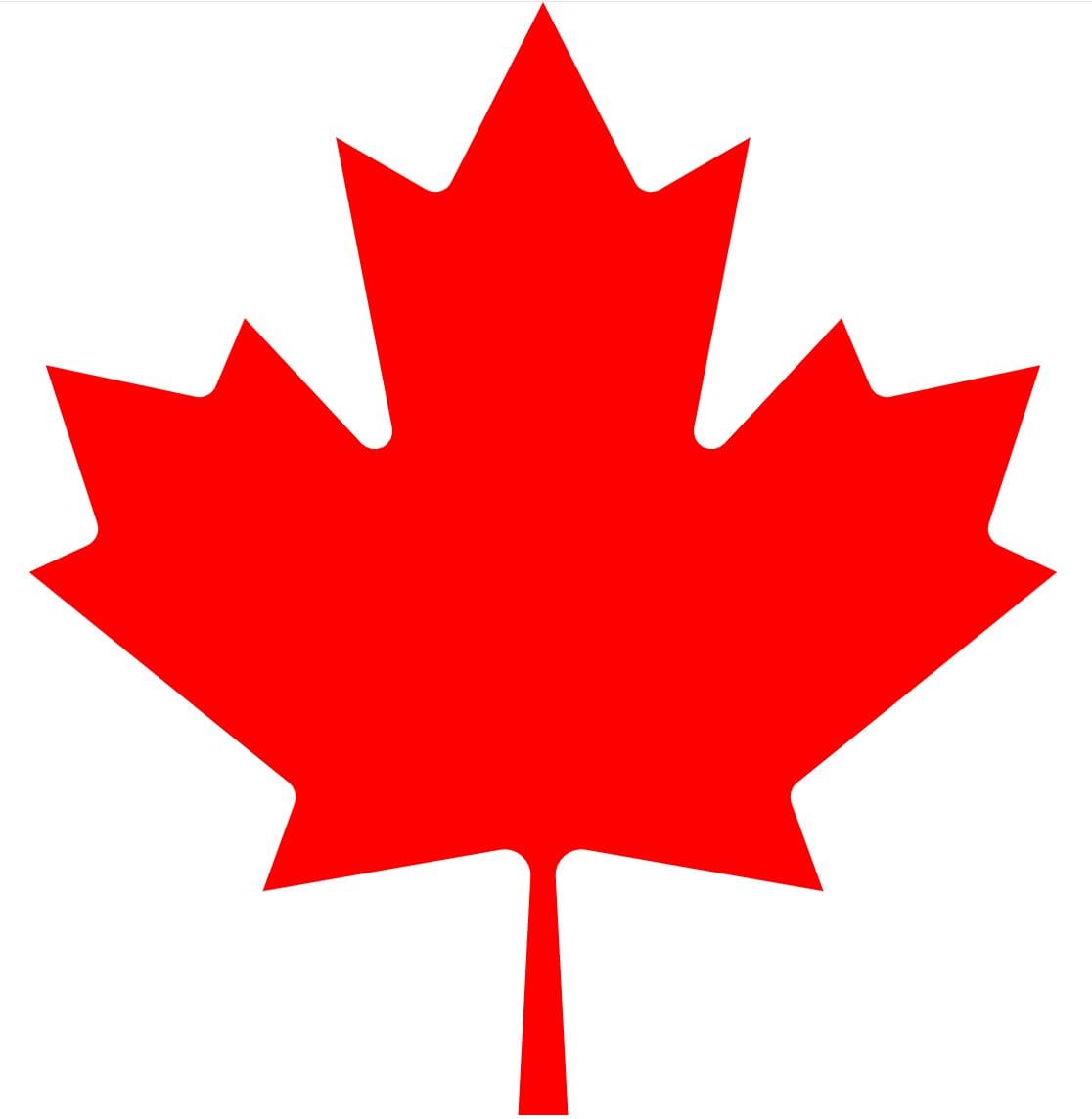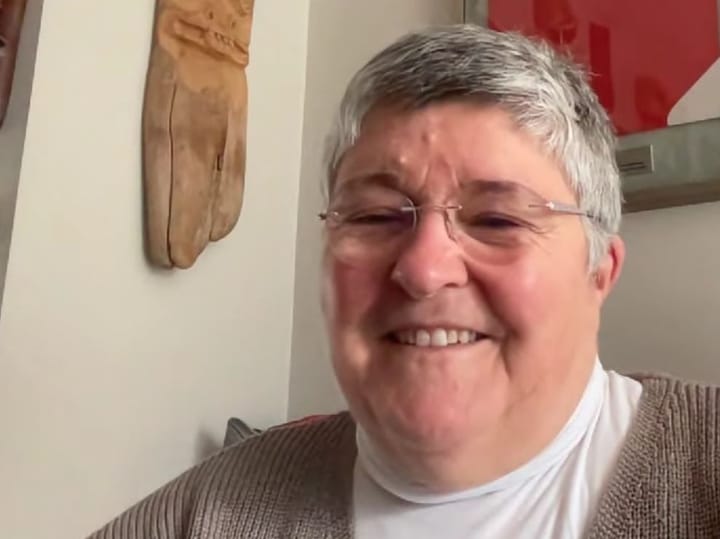In this episode, we examine how Canadian officials went from laughing off U.S. president Donald Trump's comments about Canada becoming the "51st state," to stone cold serious threats against Canadian sovereignty.
Former Canadian diplomat Sabine Nölke returns to offer her analysis of the pivot, relying upon her expertise accumulated over more than three decades working in the field of international relations. Nölke served Global Affairs Canada from 1992 until 2021, including as Canada’s ambassador to the Kingdom of the Netherlands between 2015 and 2019.
Diplomacy is often about creating pathways for your counterparts to take to save face, Nölke said.
“I'm sure Prime Minister [Justin] Trudeau wasn't laughing when he returned from the dinner table at Mar-a-Lago.” said Nölke of when Trump first told the former prime minister that he wants to annex Canada.
“We cast them as jokes to turn them into jokes. I would assume that this would have been a discussion ... when you hear something like that, you try to say, ‘OK, if it becomes public, how do we cast it?’ If you can cast it as a joke, then people aren't too worried, and you give your opponent ... a face-saving way out.”
Reading the tea leaves, Nölke said the diplomatic pivot likely would have started to happen after Trump’s comments on January 7 that he would use “economic force,” to annex Canada.
“Coming up with that answer so quickly and so straightforwardly, I think there was a signal,” said Nölke, “Frankly, I'm very glad that they did start taking it seriously, publicly, when they did.”
Then, Dr. Catherine Dauvergne, professor at the Allard School of Law at the University of British Columbia joins the program, and argues the laws being used to crack down on immigration, like in the case of Vancouver woman Jasmine Mooney are not new.
“For people who are close to the system, none of this is new. The way it’s being applied is new,” Dauvergne said, adding that “it's long past time," for Canada to review the Canada-U.S. Safe Third Country Agreement, especially because migration law is “being enforced closer to one of its extremes.”
“There have been problems with the [Canada-U.S.] Safe Third Country Agreement ever since it was first implemented,” Dauvergne said.
Afterward, we’re joined by Fair Vote Canada spokesperson Ted Cragg to discuss electoral reform, and the organization’s continuing efforts to advocate for a proportional representation system of government.
“In a nutshell, that means the percentage of votes ... should be as close as possible to the percentage of seats,” said Cragg.
(00:00) - Introduction
(01:52) - The diplomatic pivot with Sabine Nölke
(25:08) - Migrant law with Dr. Catherine Dauvergne
(43:24) - Electoral reform with spokesperson Ted Cragg



Member discussion: